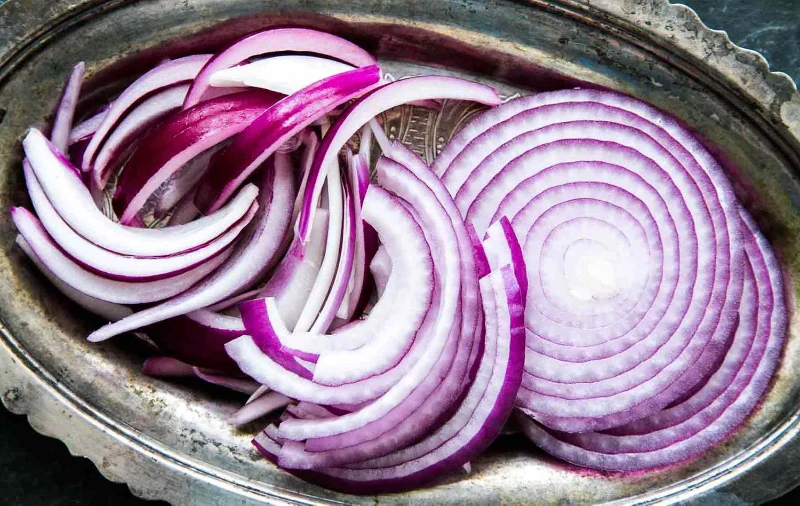
Advertisement
The antihypertensive and antioxidant effects of onion were reduced by boiling for 60 min. Moreover, 0.8 mg/kg ethanol extract of A. cepa did not show sufficient antihypertensive effect in spontaneously hypertensive rats.
Onion skin extract reduces cholesterol

Onion skin extract has various health benefits, including lowering cholesterol levels. Flavonoids found in onions and other fruits and vegetables help lower LDL (low density lipoprotein) levels in obese subjects. However, there is no effect on high density lipoprotein (HDL) levels. However, there are some side effects associated with using onion skin extract. This extract is a powerful source of flavonoids, including quercetin. In animal studies, it has been confirmed to lower LDL-cholesterol levels and improve lipid profiles. When male rats were injected with this extract, a significant effect was observed in reducing LDL-cholesterol and increasing HDL-cholesterol. However, there was no effect on total cholesterol levels.
Onion skin extract reduces inflammation

Onion peel extract (OPE) is an effective anti-inflammatory agent. It reduces inflammatory markers such as TNF-α and IL-5. This compound suppresses type 2 helper (Th2) T cells, which secrete inflammatory cytokines. Of these, IL-5 promotes eosinophil differentiation, IL-4 promotes survival, and IL-13 promotes IgE production. In addition, it inhibits the activity of eosinophil peroxidase (EPO), an important factor in oxidative stress. Chemical components of onion skin extract have antioxidant, anti-inflammatory, and anti-cancer effects. In particular, quercetin contained in onion skin extract is important in reducing inflammation. It also downregulates inflammatory cytokines.
The quercetin in onions reduces allergic reactions

Quercetin is a powerful antioxidant found in many fruits and vegetables. It may help reduce the risk of myocardial infarction and stroke. Studies have shown that quercetin in onions may prevent plaque buildup in arteries. In addition, a recent study published in the journal Redox Biology suggests that quercetin may help regulate cholesterol and blood fat levels. This antioxidant occurs naturally in low concentrations, but at higher concentrations it may have therapeutic effects. In a meta-analysis of nine clinical trials, quercetin supplementation reduced SBP by 3.04 mmHg. However, when the study by Zahedi et al.33 was excluded from the meta-analysis, the effect size was not significant.



